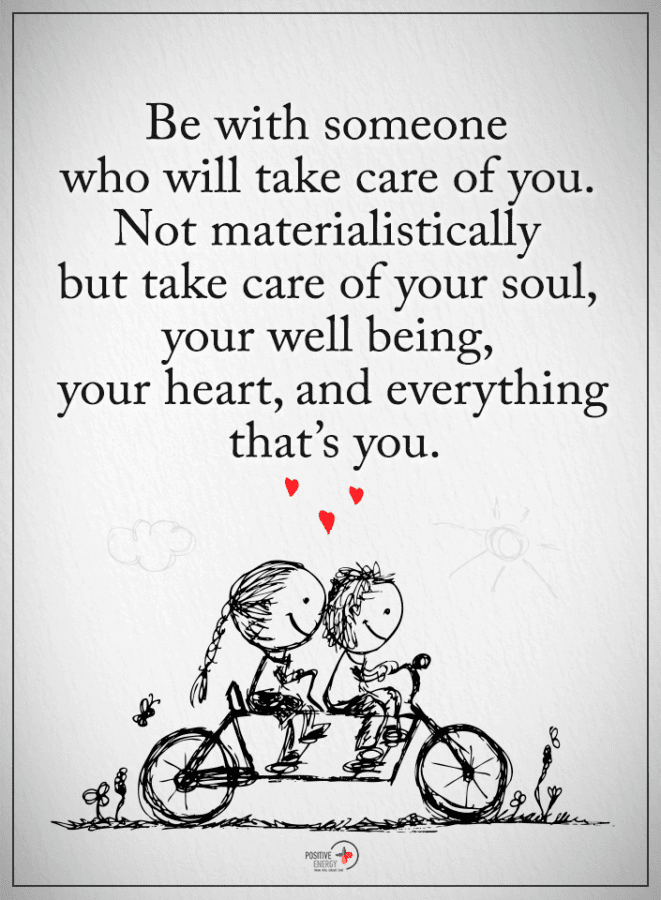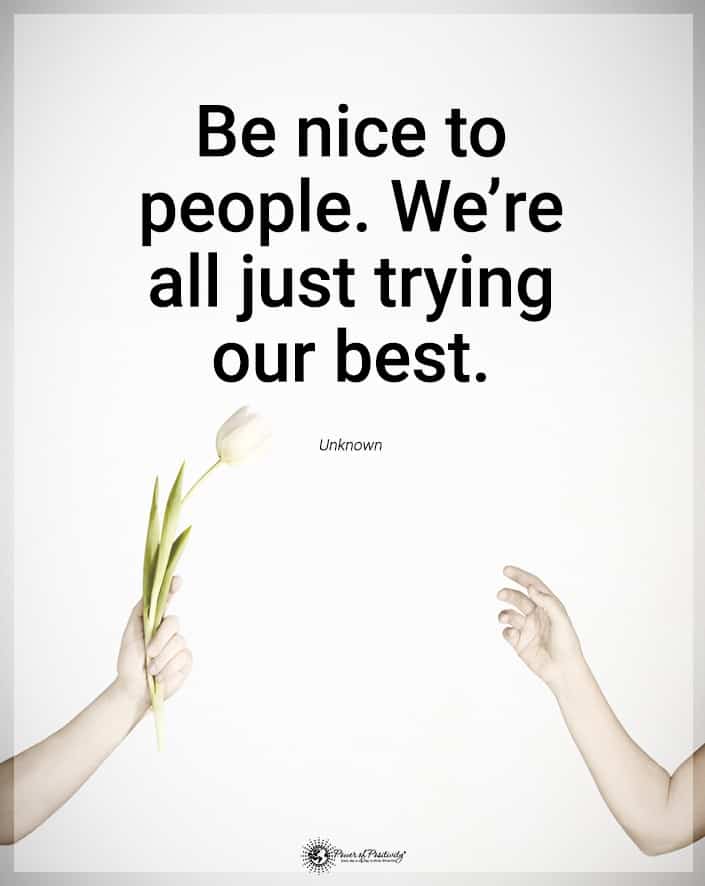Falling in love is the most amazing human experience. Unfortunately, not all relationships are destined to last forever. Failed relationships leave us with a sense of rejection and the inability to give of ourselves again. The end of a union happens for many reasons, which can turn into a source of tremendous psychological trauma and anguish.
Here are 5 behaviors that make people give up on love (and how to heal from them):
1. Rejection and feelings of unworthiness.
Relationships based on selfishness leave us feeling rejected and unworthy. Some unions leave us drained. They kidnap our emotional bodies and hold them for ransom. It takes years of therapy and regaining our worth to trust again. The trauma remains even when we entertain the idea of falling in love again. When we allow another to hold our worth, we have basically stopped living.
Begin to pamper yourself. Make time for yourself to do things you enjoy. You are worth more than anyone could possibly know. Get to know that amazing person. You cannot stop loving yourself. You cannot stop living. Sure, things are tough, but you get to decide how much of that story will dictate your future.
2. Being controlled and abused.
It takes an extremely insecure person to control and abuse another. And, the trail of destruction that it leaves, physically, spiritually, and emotionally, is astronomical. It may take years of not looking over your shoulder, or stop questioning your motifs to yourself. It can take decades of not trusting another individual. But, until you face the story, you will continue to attract similar situations into your life. It might not be a lover, it might be a co-worker. These events can catapult you into setting healthy boundaries.
Sometimes we excuse the behaviors and don’t even know that it’s actually abusive. In an article in PsychCentral, Marni Feuerman shares that there are many forms of abuse: “Domestic violence is once again in the forefront of the news. This is in part due to abusive incidents with sports figures or celebrities that have become very public. Abuse is not always as obvious as being hit or shoved, called degrading names or cussed out. In fact, it can very well be underhanded or subtle.”
Abuse is intolerable. It’s inexcusable. No ways around it. A controlling person is someone who is narcissistic in nature and cannot deal with anything that they can’t control. It’s a mental disorder. Do not take this on for the rest of your life. You have survived. You have moved past craziness. Get help. Talk about it. The stories we keep inside make for monsters in the dark. You are not alone.
3. Cheating.
“More than 90% of Americans believe infidelity is unacceptable, yet 30-40% of people engage in it. Infidelity is associated with adverse outcomes such as depression, domestic violence, divorce, even homicide” via Psychology Today. Why do people cheat? They cheat for various reasons such as circumstances, lack of communication, loss of self-esteem, narcissistic behaviors, and challenges. It’s inexcusable, but it’s never impossible. Just because you’ve been cheated on does not mean you’ve done anything wrong. This person has decided to go off and destroy the relationship. We can partake only so much on that blame. In many cases, cheaters tend to enjoy the secret double lives. It’s a rush not to get caught.
You can’t avoid what has happened. You can trust again. Not everyone cheats. When you look back at your relationship you might see red flags that weren’t there at the time. You have become wise about this type of behavior and, therefore, you won’t be attracting it again. Do not let one cheater ruin your chances to find happiness in love again. You will be wiser. However, you also don’t want to be controlling or apprehensive in your new relationships. You don’t want to be Sherlock Holmes looking at every text or checking social media. Trust!
“Letting go means to come to the realization that some people are a part of your history, but not a part of your destiny.” ~Steve Maraboli
4. Personality conflicts.
Let’s face it – not everyone should be together. We meet people. We fall in love, and then we learn that they aren’t compatible with us. Personalities clash. It’s not right or wrong. It could be education, careers, family, or motivation. Some people seem one way, and once you are in the intimate stages of a relationship they get comfortable and show who they really are. It’s okay.
You can be more selective about who you open yourself to, but you don’t have to shut down completely. Love is meant to be shared and given chances. Every relationship that you’ve experienced has taught you something about yourself. If you care to look at it with an open mind and heart, you will notice that each one of those individuals handed some power lessons. Allow for those lessons to move you to show you the next love of your life.
5. Judgment and criticism.
You’ve been judged, scrutinized, called names, and criticized. You don’t ever want to be in that type of relationship again. You don’t have to! You’re not responsible for their behavior. You are only responsible for how you have reacted to that behavior. You don’t have to own the past judgment. We are what we carry and give thought to.
Not every person will be nasty. There are loving, generous and compassionate souls who want to share a life with you. Just because you were in a bad relationship it doesn’t mean they are all going to be putting you down. You’ve evolved from that. Take notice that by sheltering yourself or isolating your greatness you are stopping another person from meeting a fantastic soul. You’re not allowing another person who has been hurt to experience goodness. You can fall in love again. You can show another how to truly love by providing the examples of you.
As you move through all the trauma and hurt, remember that forgiveness is the greatest healing factor in moving on. You forgive yourself for being in that relationship. You get to forgive the situation so you can be free and start over.
“If you spend your time hoping someone will suffer the consequences for what they did to your heart, then you’re allowing them to hurt you a second time in your mind.” ~ Shannon L. Alder









